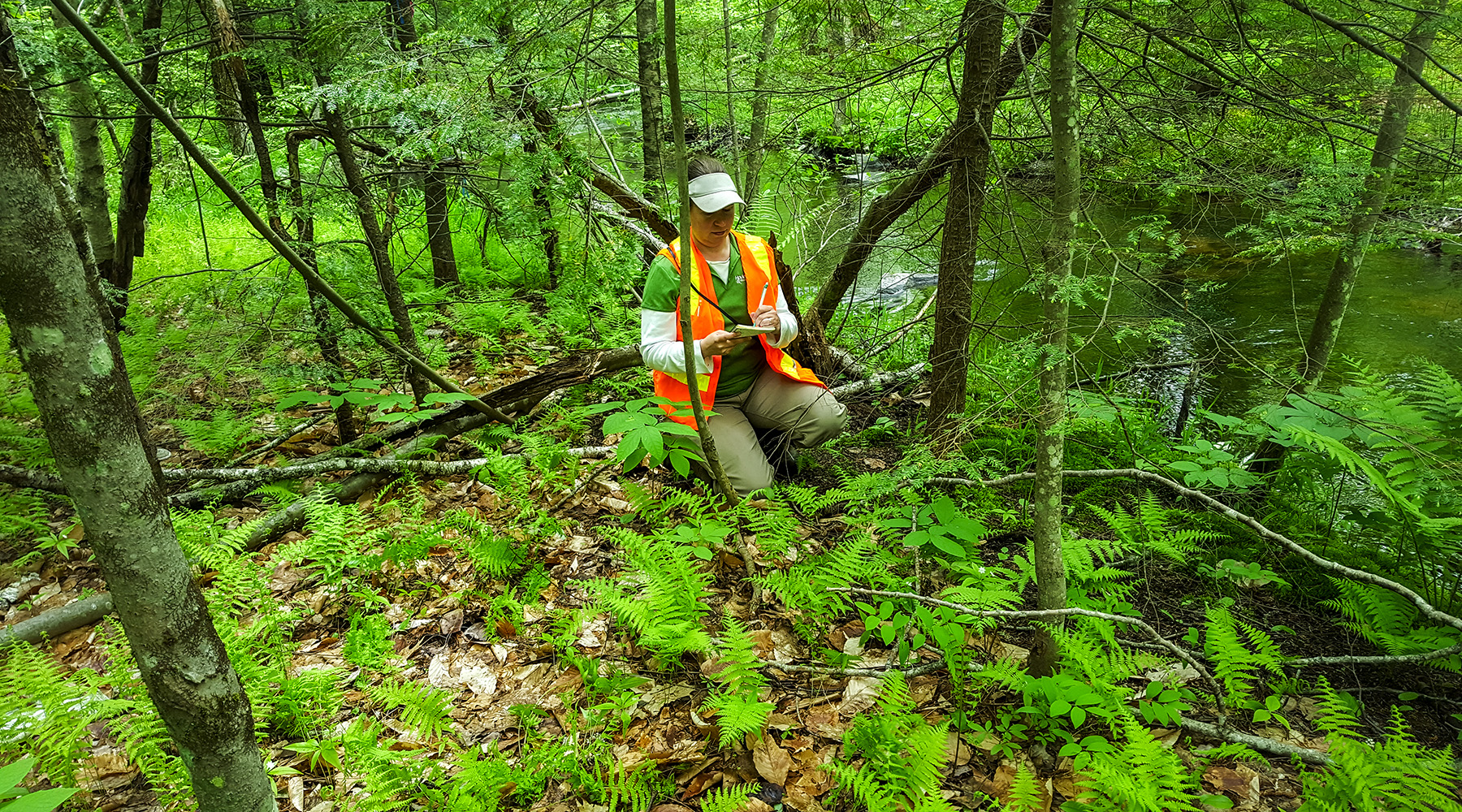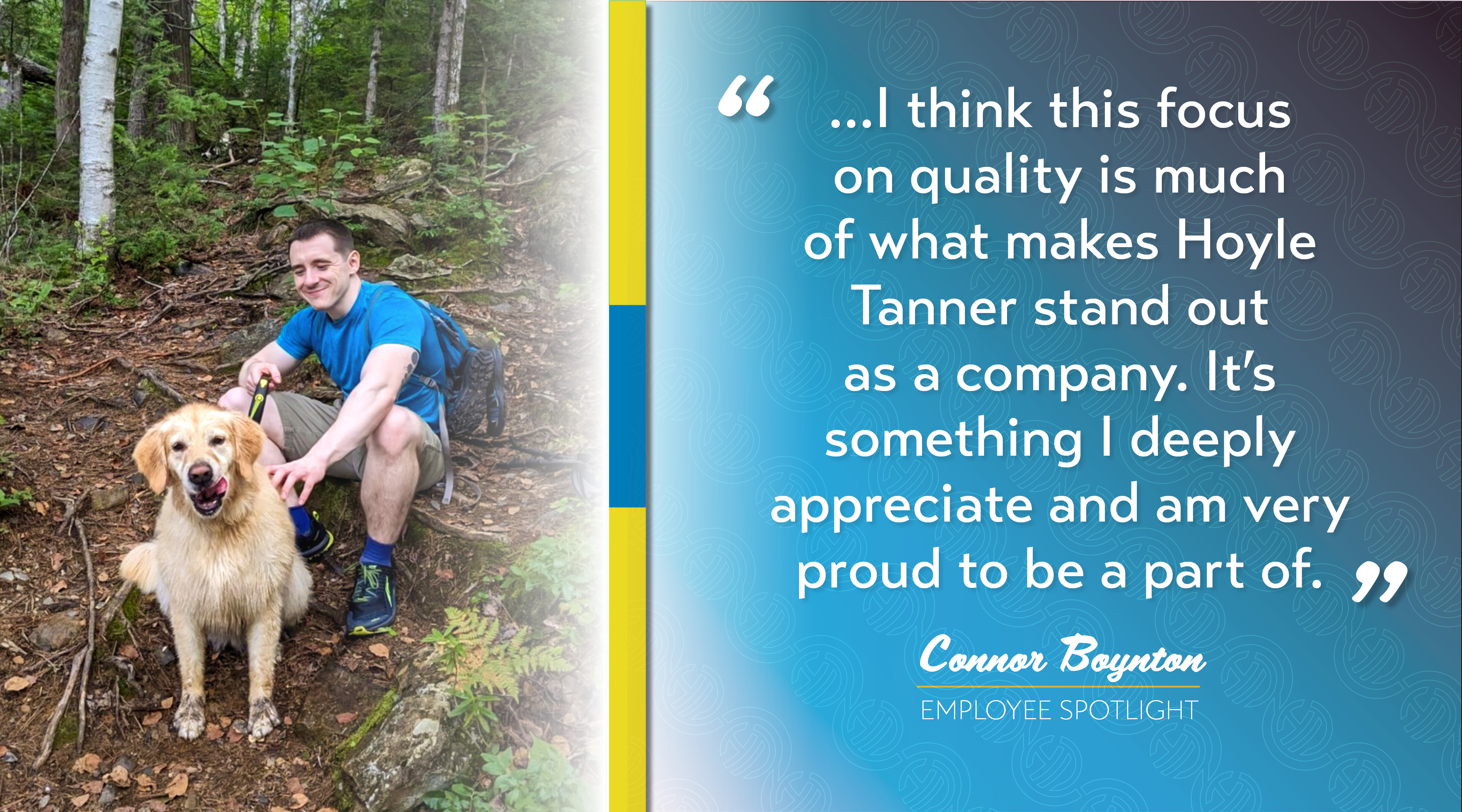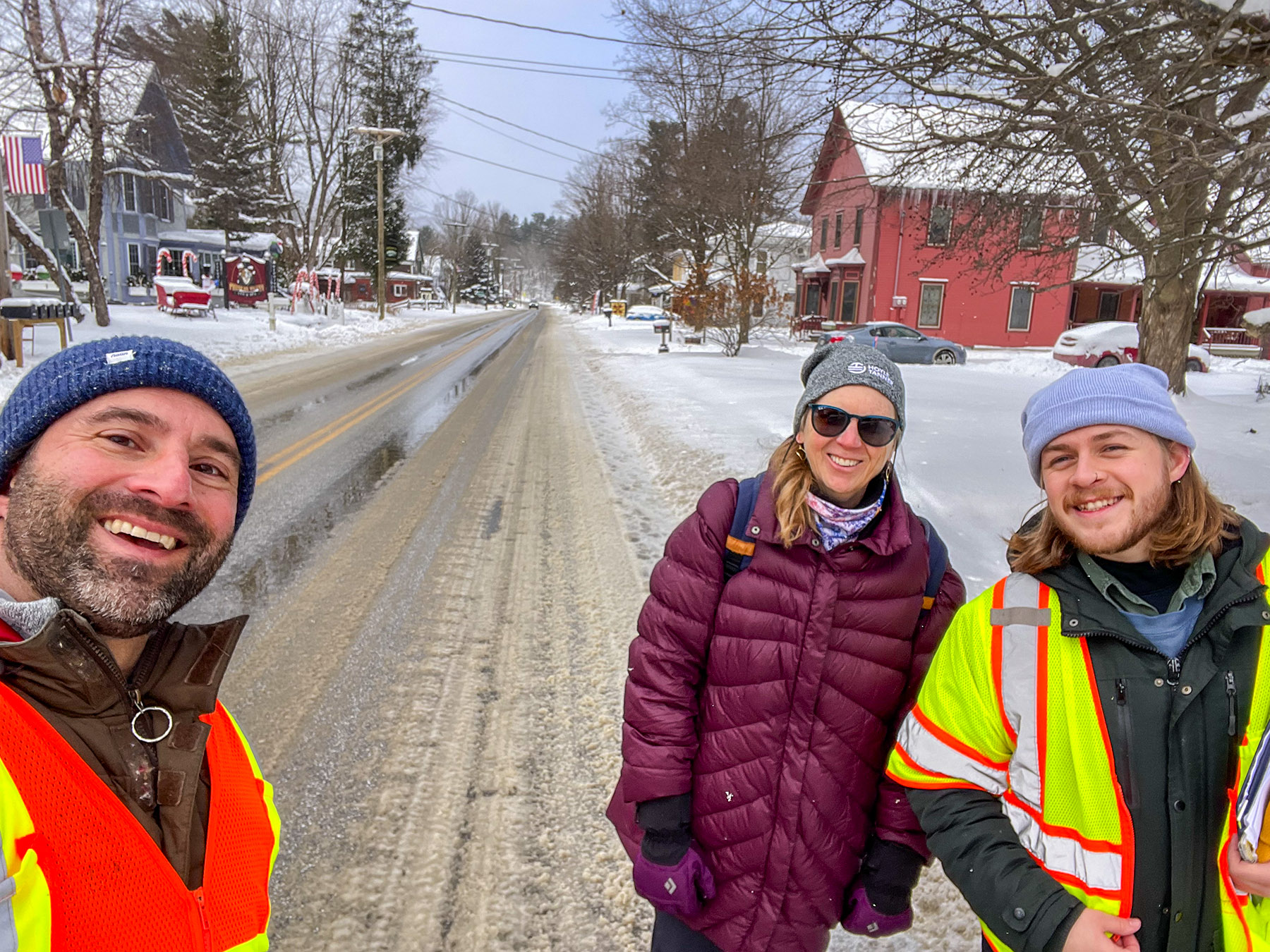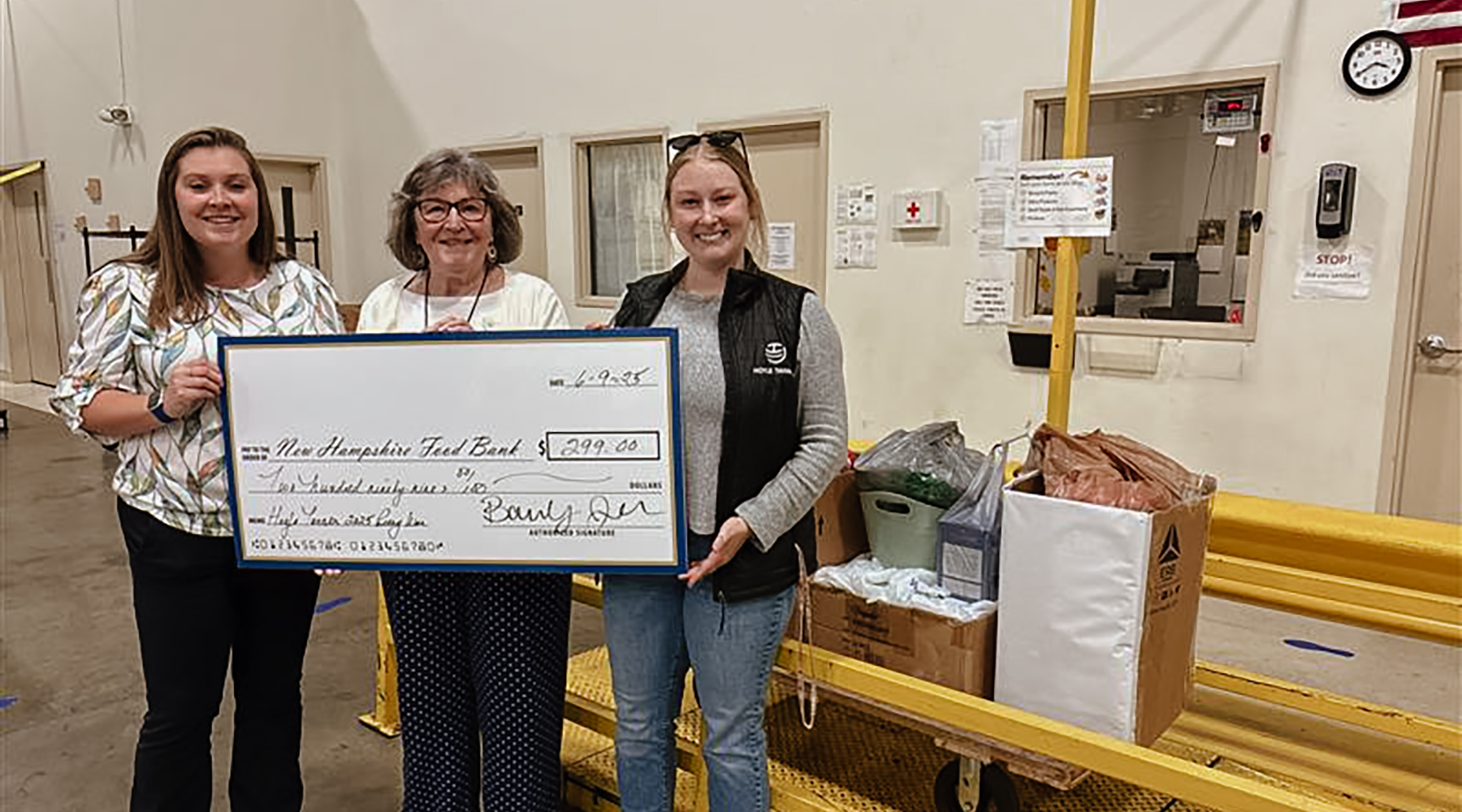Summer is officially here, and although the warm weather brings promises of barbecues, beach days and the hum of AC, working in the summer heat is not something to be taken lightly. For construction laborers and other outdoor workers, the heat can drain your energy and be very dangerous if proper precautions aren’t taken.
According to the Bureau of Labor Statistics’ most recent data, in 2015 over 2,830 American workers suffered from a heat-related illness that required at least one day away from work. In order to prevent more injuries now and in the future, it is important to spread awareness in the workplace about how to stay safe while out and in intense summer conditions. By planning ahead and executing these simple safety measures, you will be happier, healthier and ready to enjoy all the fun that the summer heat has to offer.
Drink Water
Staying hydrated is the single most important thing you can do to prevent heat-related injury or illness. The Occupational Safety and Health Administration recommends drinking water every 15 to 20 minutes even if you are not thirsty. Additionally, anyone exposed to prolonged periods of sweating should balance out their electrolytes by drinking sports drinks such as Gatorade or Powerade. Keep in mind, though, that sports drinks are laden with food dye and sugars, so you can also boost your electrolytes by eating mineral-rich foods like bananas, nuts, yogurt, and dark green vegetables like kale. Coconut water is another good source of replenishing electrolytes. If you can’t carry snacks around, some say that adding a pinch of salt and a squeeze of lemon to your water can have a similar satisfying effect.
Be Cautious of Caffeine
Coffee is an essential part of the day for many Americans. However, all caffeine — whether it be coffee, tea or soda — can be dangerous on a hot summer day if you aren’t careful. This is because caffeine can be diuretic, meaning that it causes water loss in the body and dehydrates you more quickly. Whether or not caffeine is actually a diuretic has been debated over the past few years, but your reaction is also very subjective; someone who rarely drinks caffeine may feel its effects more than a daily consumer, especially on a hot day. Drinking water throughout the day should counter these effects, but be wary of drinking excessive amounts of caffeine, especially while on the job site.
Take Breaks
Do not be afraid to take breaks. No job is worth risking your health over. The heat can be draining, and it is important that you allow yourself the time you need to recuperate. When you do take breaks make sure you find some shade, drink at least 20 ounces of water and reapply sunscreen. For lunch, eat healthy and energizing foods. You will be surprised how much stronger you feel throughout the day.
Know the Symptoms
Excessive heat can lead to heat exhaustion and heat stroke. It is important that you are able to recognize these symptoms and know what to do if the situation arises.
Heat Exhaustion
Nausea, vomiting, headaches, weakness, confusion, dizziness, and cool, pale, moist or flushed skin can all be signs of heat exhaustion. If you or someone you know is experiencing any of these symptoms it is important that you immediately move them to a cooler location and start to loosen any tight or heavy clothing they are wearing. You need to lower the person’s body temperature by any means necessary. Some examples of how to do this include fanning them, spraying them down with cool water or resting wet towels on their skin. If the victim is conscious, start replenishing their fluids by having them drink water slowly (about 4 ounces every 15 minutes). Keep a careful eye on the person and watch for any changes in their condition. If they refuse care, begin to lose consciousness or start to vomit, call 911 or local emergency authorities immediately.
Heat Stroke
Signs of heat stroke include hot dry red skin, confusion, loss of consciousness or convulsions and seizures. Heat stroke is an extremely serious condition and can be fatal, so if you witness anybody experiencing any of these symptoms, call 911 immediately. While waiting for help to arrive, cool the person down as quickly as possible. If circumstance allows, immerse the person up to their neck in cold water. If that isn’t an option, spray the person down or apply ice packs or wet towels to their skin.
For more information on what to do when temperatures rise, download the free Red Cross Emergency App. The app also gives users the option to receive alerts for excessive heat watches, warnings and heat advisories.
We want this summer to be memorable for a lot of reasons, but overheating is not one of them. When working outdoors in hot weather, the most important things to remember are water, shade and rest. Anyone can be at risk for severe dehydration and heat exhaustion, but people who are not used to prolonged exposure to heat typically are at a higher risk of suffering an injury. As things start to heat up this summer, ease your way into your work, especially if you are a new employee. Listen to your body and take the necessary precautions to ensure that you are both safe and successful.
Now get out there and enjoy the sunshine!
Written by Grace Mulleavey









